Possessions Indigenous Art / Colonial Culture / Decolonization by Nicholas Thomas
A timely reexamination of European engagements with Indigenous art—and the presence of Indigenous art in the contemporary art world.
The arts of Africa, Oceania, and Native America famously inspired twentieth-century modernist artists such as Pablo Picasso, Henri Matisse, and Max Ernst. Was this a cross-cultural discovery to be celebrated? Or just one more example of Western colonial appropriation?
What might a “decolonized” art history look like? Over the last half- century, scholarship emerged that gave the arts of Africa, Oceania, and Native America dedicated attention—though often in terms associated with tribal art connoisseurship, without acknowledgment of the colonial contexts of Indigenous art traditions or histories of appropriation and violence, and often stopped short of engaging with Indigenous visions or voices. “Decolonization” refers to an event, a liberation. In one sense, decolonization has happened: it was the moment of national independence for formerly colonized nations across Africa, Asia, and Oceania. But from another perspective, more prominent in current debate, decolonization is ongoing. What work does art do now, toward decolonization? And how can we, the audience, be active agents in redefining these histories?
Possessions, first published in 1999, offered a dynamic and genuinely cross-cultural art history, focused on the encounter, or the confrontation, in Australasia between the visual cultures of European colonization and Indigenous expressions. This new edition of Possessions contributes to today’s debates on diversity and race, giving voice to Indigenous artists and their continued presence in contemporary art today. A new introduction and concluding chapter frame the book in the present day, with recent studies, catalogs, and updated references.
New hardback edition published in 2022.
Nicholas Thomas is Director of the Museum of Archaeology and Anthropology in Cambridge, and also Professor of Historical Anthropology at the University of Cambridge.
Nicholas Thomas, who grew up in Sydney, visited the Pacific Islands first in 1984. He has written many acclaimed books about art, history and cross-cultural encounter, and collaborated in exhibition and book experiments with artists including John Pule and Mark Adams.
His books include Entangled Objects (1991), a celebrated exploration of the changing lives of things in the Pacific; Discoveries: the voyages of Captain Cook (2003); Islanders: the Pacific in the Age of Empire (2010) which was awarded the Wolfson History Prize; The Return of Curiosity (2016), about what museums offer today, and most recently Voyagers: the settlement of the Pacific (2021).
Thomas co-curated, with Peter Brunt and Adrian Locke, the landmark exhibition Oceania, shown at the Royal Academy of Arts in London and the Musée du quai Branly-Jacques Chirac in Paris over 2018-19.
$49.99
2 in stock
Description
A timely reexamination of European engagements with Indigenous art—and the presence of Indigenous art in the contemporary art world.
The arts of Africa, Oceania, and Native America famously inspired twentieth-century modernist artists such as Pablo Picasso, Henri Matisse, and Max Ernst. Was this a cross-cultural discovery to be celebrated? Or just one more example of Western colonial appropriation?
What might a “decolonized” art history look like? Over the last half- century, scholarship emerged that gave the arts of Africa, Oceania, and Native America dedicated attention—though often in terms associated with tribal art connoisseurship, without acknowledgment of the colonial contexts of Indigenous art traditions or histories of appropriation and violence, and often stopped short of engaging with Indigenous visions or voices. “Decolonization” refers to an event, a liberation. In one sense, decolonization has happened: it was the moment of national independence for formerly colonized nations across Africa, Asia, and Oceania. But from another perspective, more prominent in current debate, decolonization is ongoing. What work does art do now, toward decolonization? And how can we, the audience, be active agents in redefining these histories?
Possessions, first published in 1999, offered a dynamic and genuinely cross-cultural art history, focused on the encounter, or the confrontation, in Australasia between the visual cultures of European colonization and Indigenous expressions. This new edition of Possessions contributes to today’s debates on diversity and race, giving voice to Indigenous artists and their continued presence in contemporary art today. A new introduction and concluding chapter frame the book in the present day, with recent studies, catalogs, and updated references.
New hardback edition published in 2022.
Nicholas Thomas is Director of the Museum of Archaeology and Anthropology in Cambridge, and also Professor of Historical Anthropology at the University of Cambridge.
Nicholas Thomas, who grew up in Sydney, visited the Pacific Islands first in 1984. He has written many acclaimed books about art, history and cross-cultural encounter, and collaborated in exhibition and book experiments with artists including John Pule and Mark Adams.
His books include Entangled Objects (1991), a celebrated exploration of the changing lives of things in the Pacific; Discoveries: the voyages of Captain Cook (2003); Islanders: the Pacific in the Age of Empire (2010) which was awarded the Wolfson History Prize; The Return of Curiosity (2016), about what museums offer today, and most recently Voyagers: the settlement of the Pacific (2021).
Thomas co-curated, with Peter Brunt and Adrian Locke, the landmark exhibition Oceania, shown at the Royal Academy of Arts in London and the Musée du quai Branly-Jacques Chirac in Paris over 2018-19.
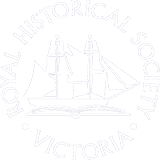

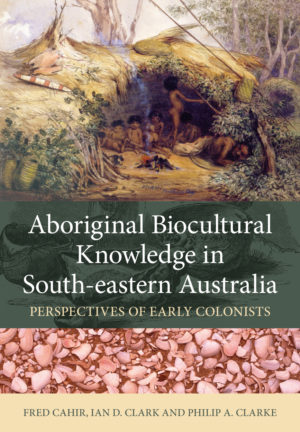
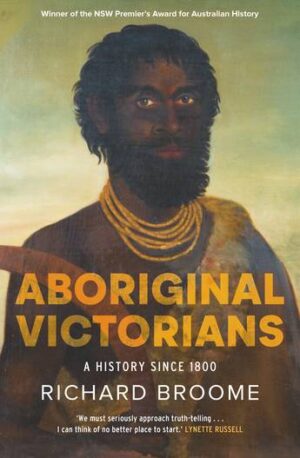
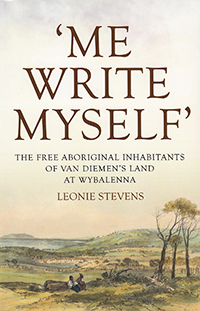
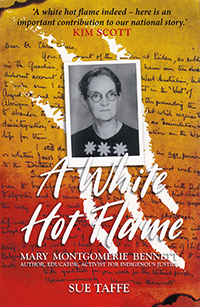
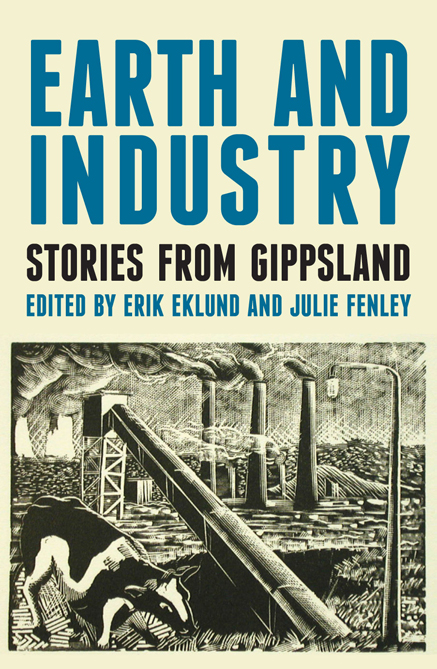



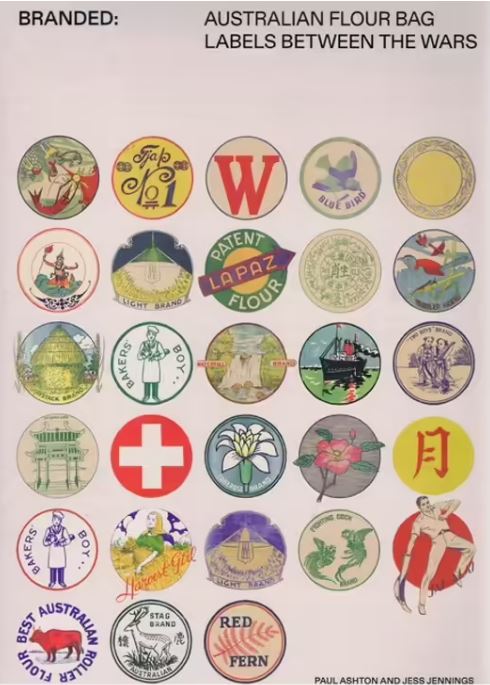
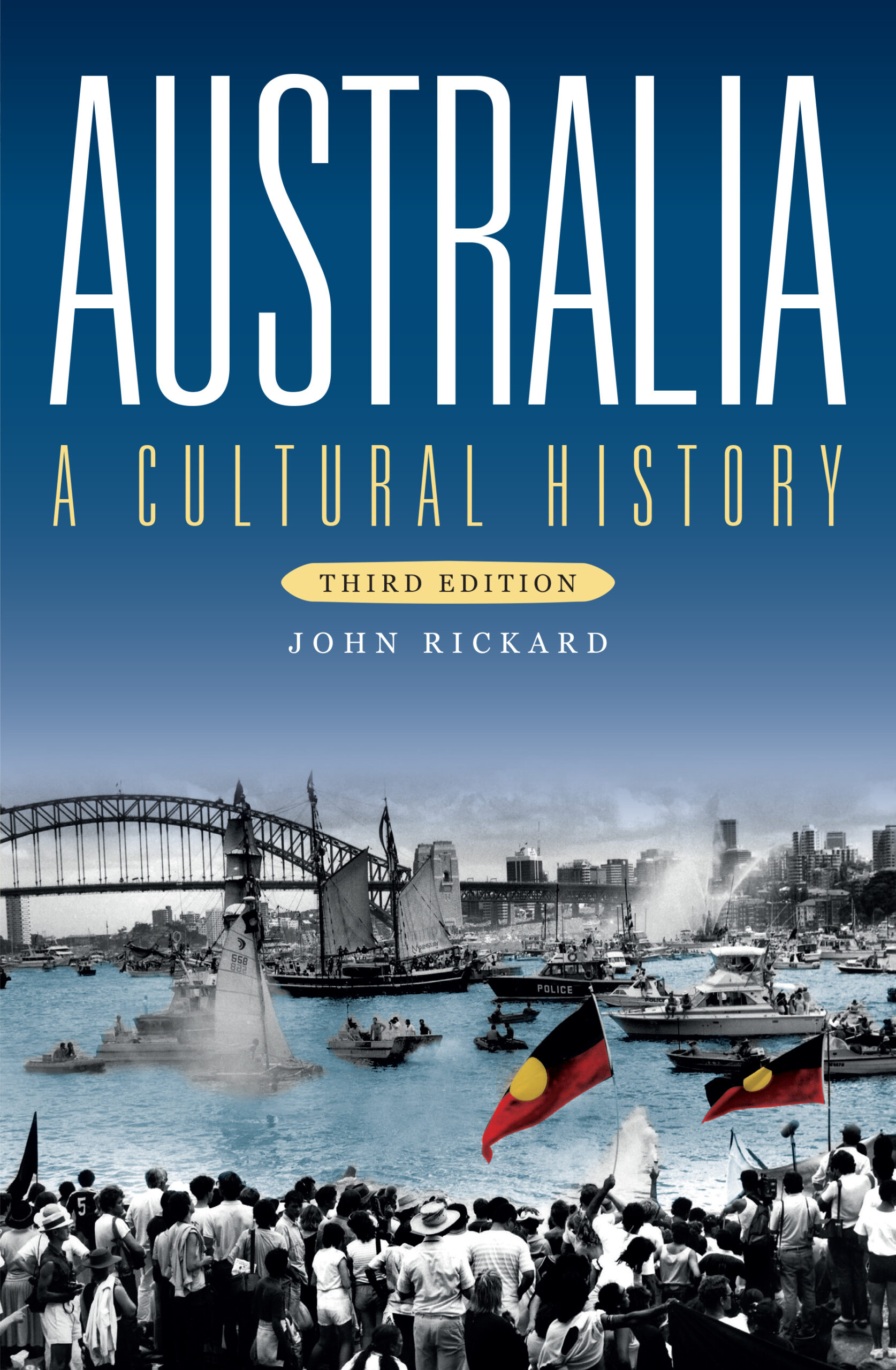
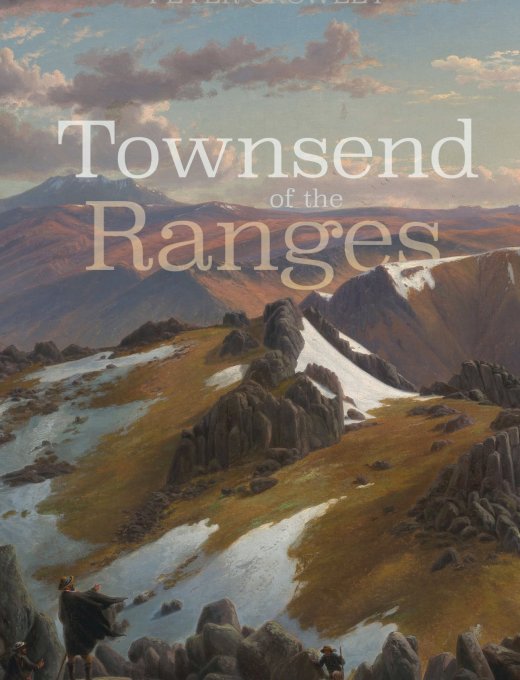

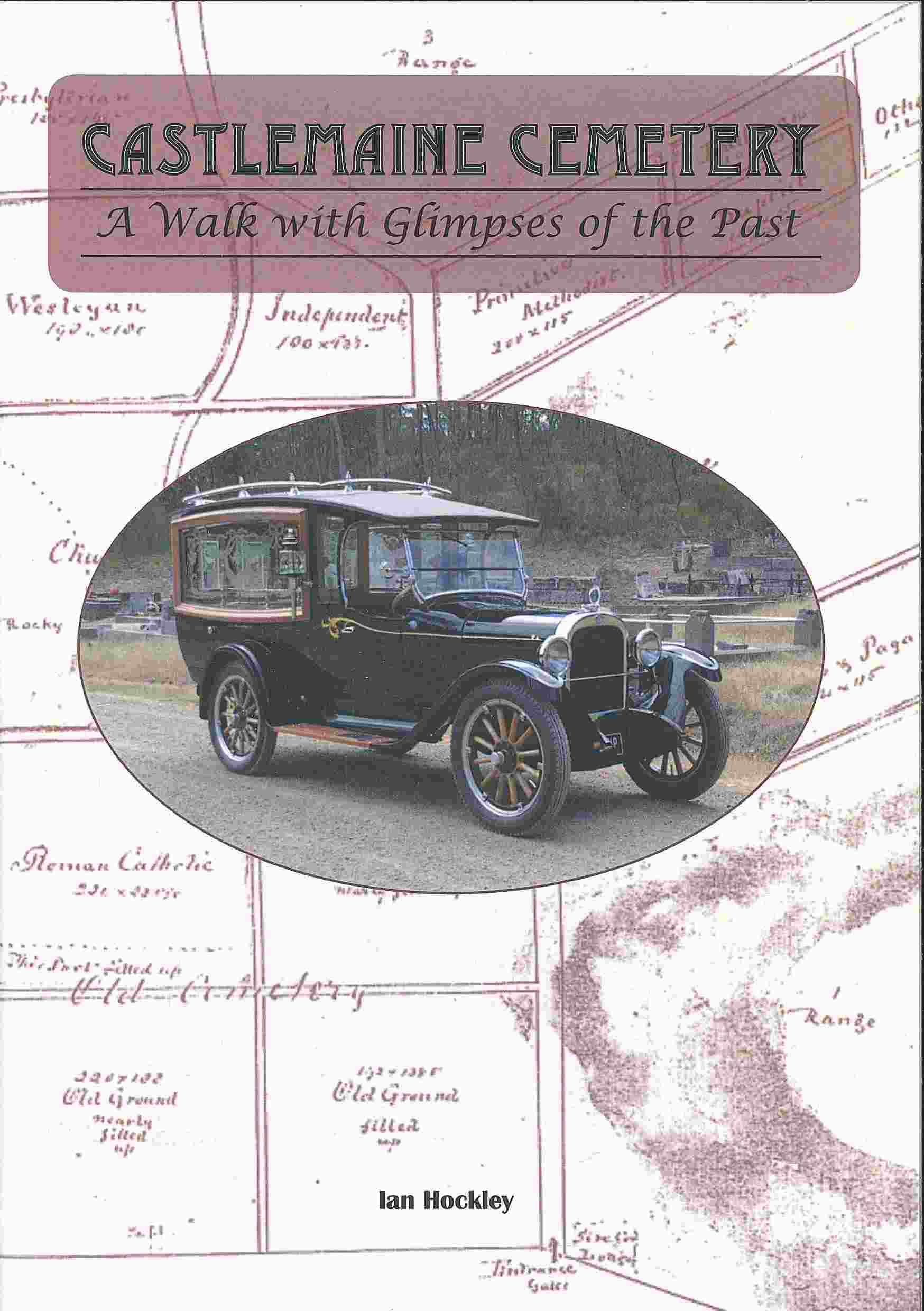

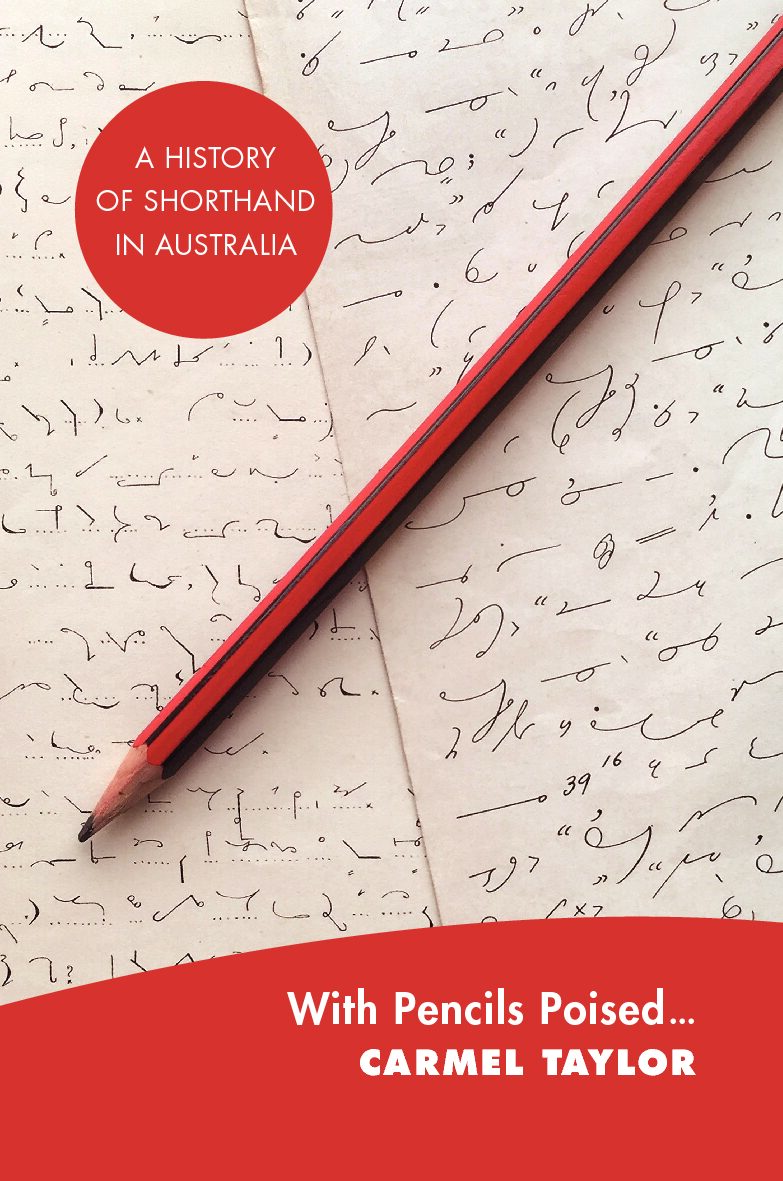
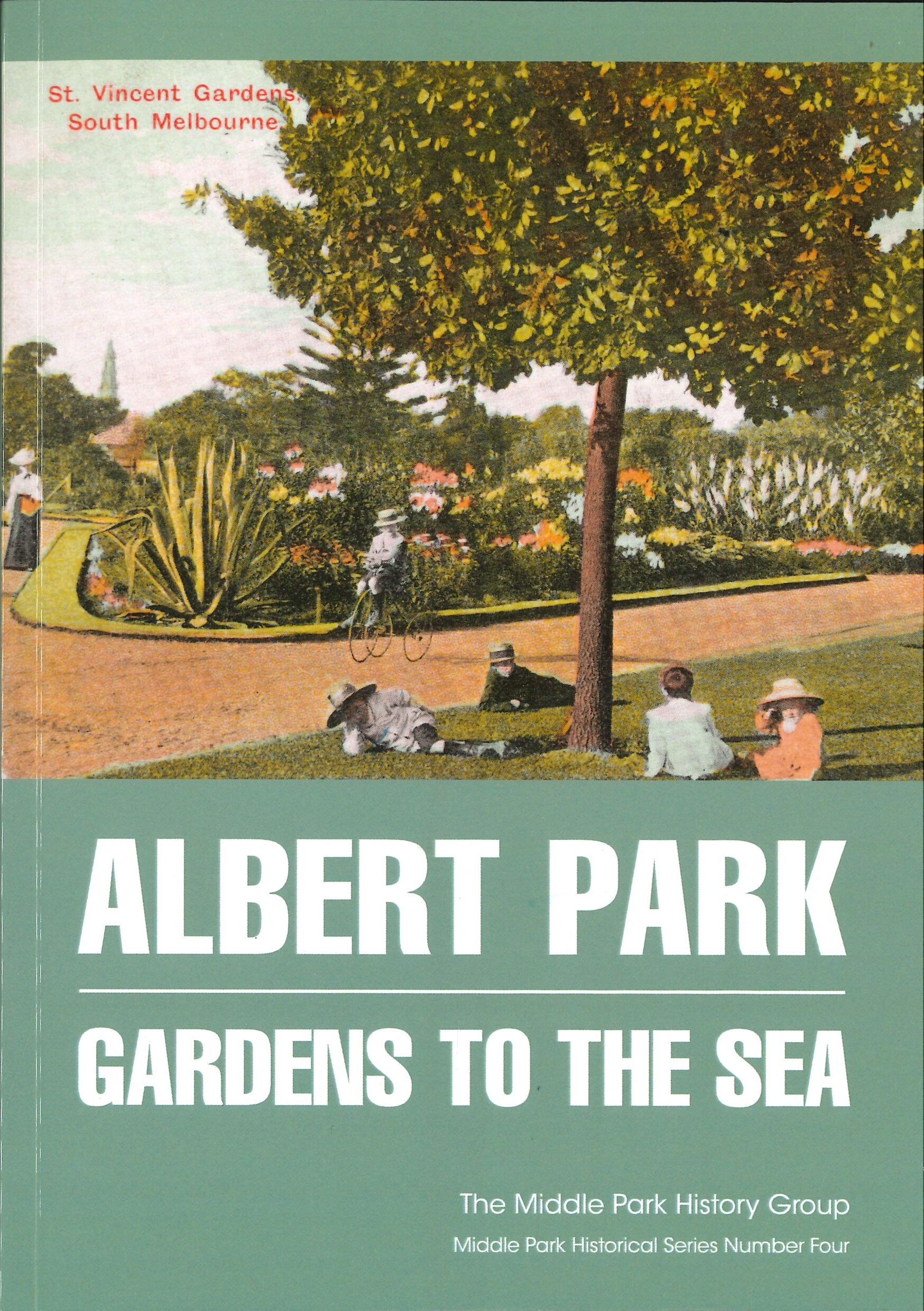

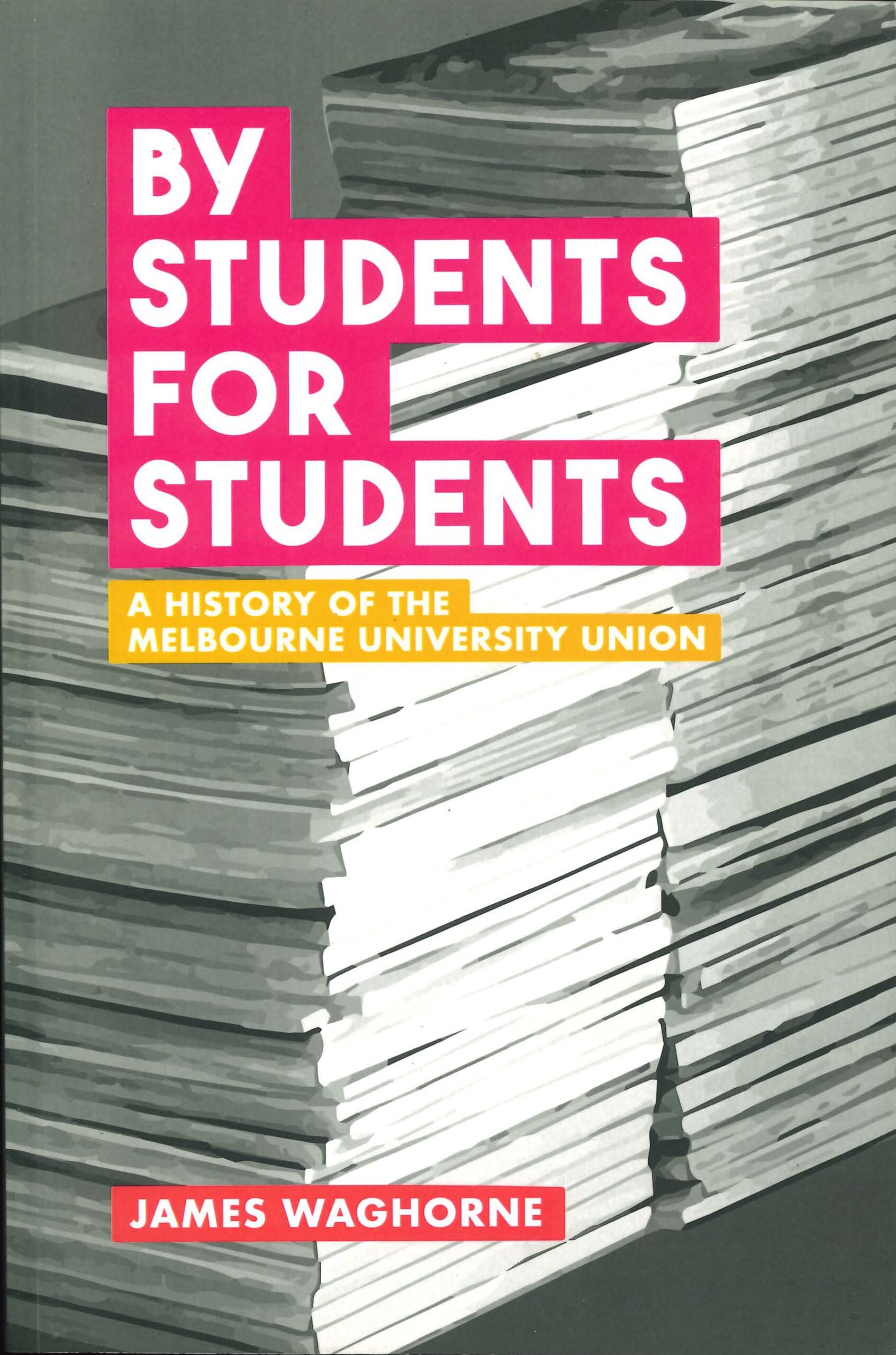



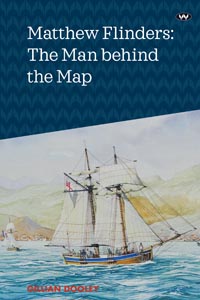
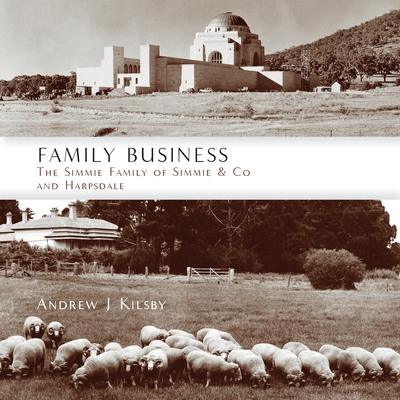
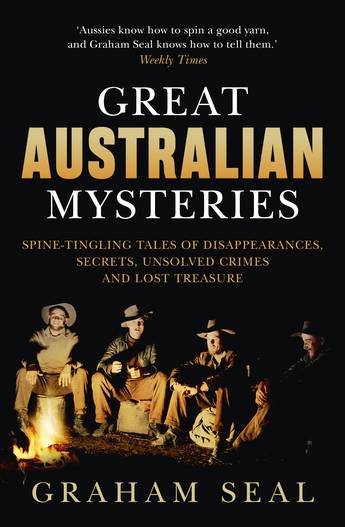
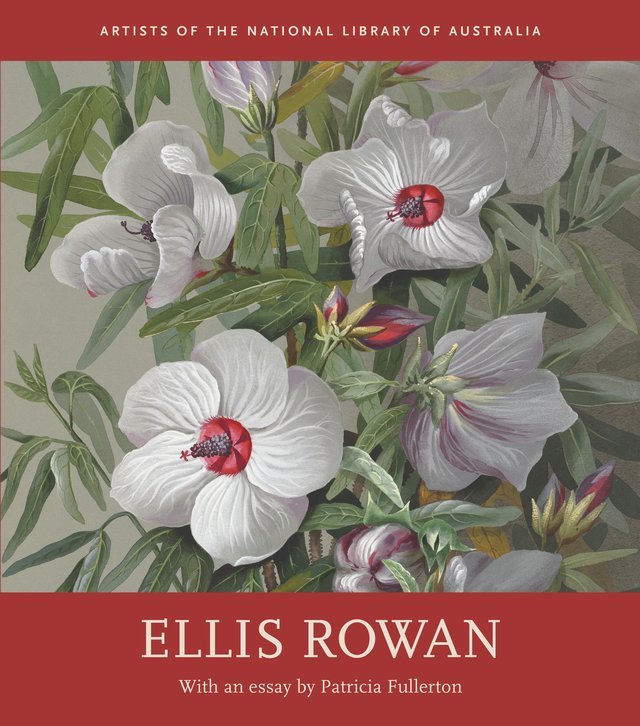

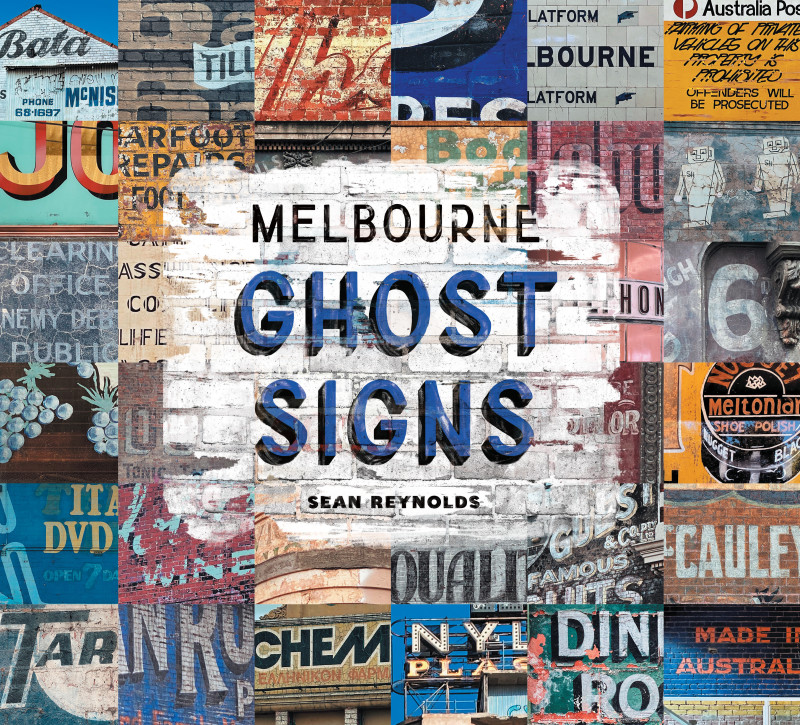

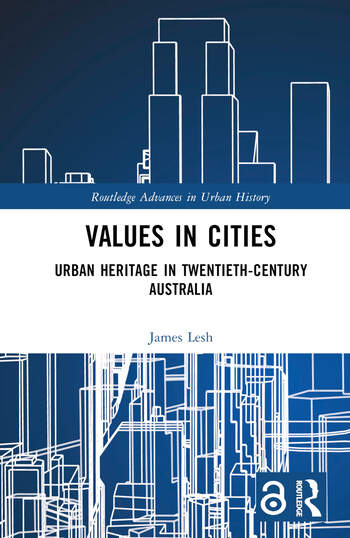
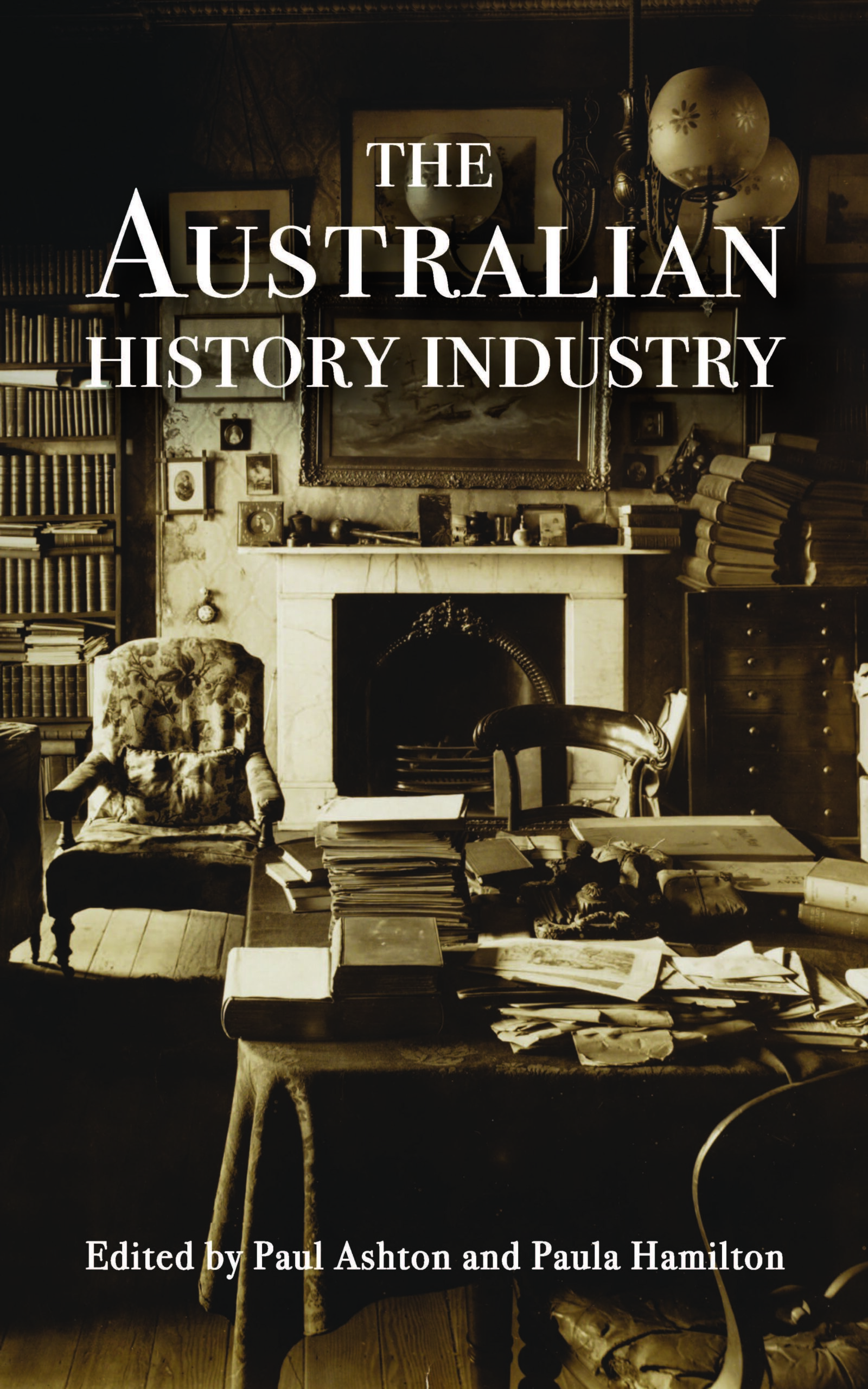
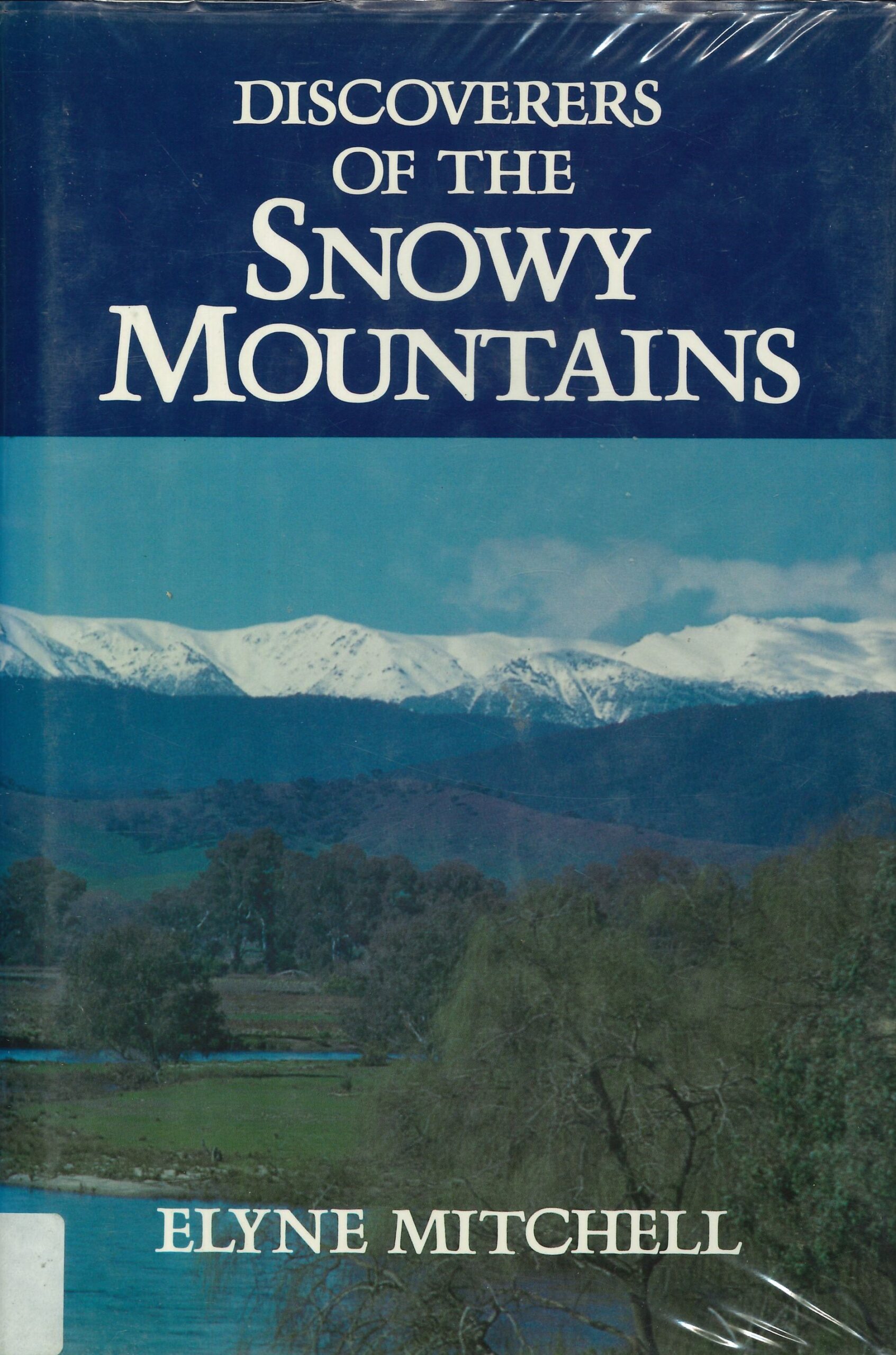
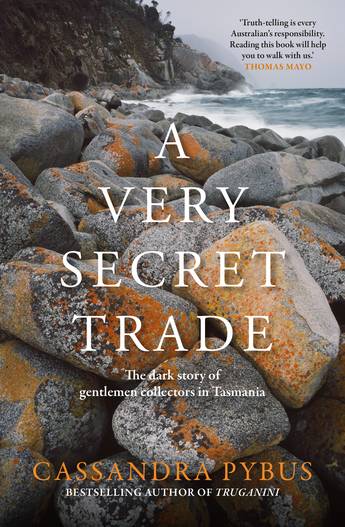
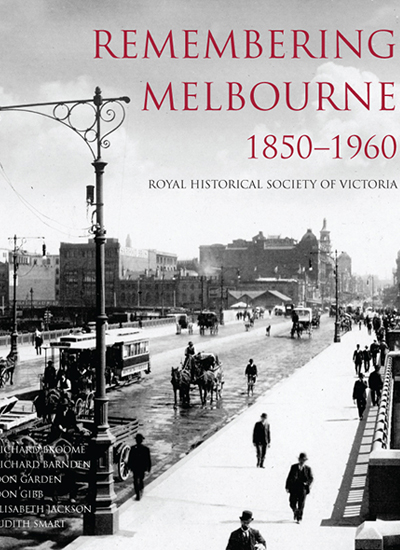
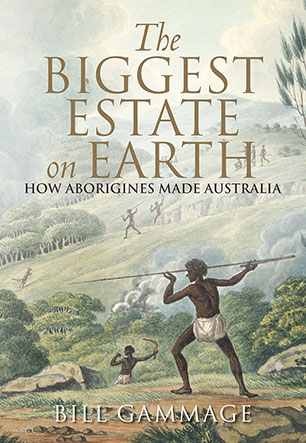
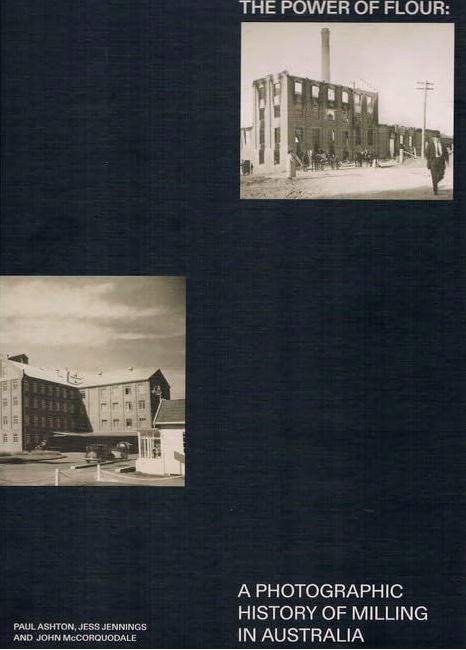
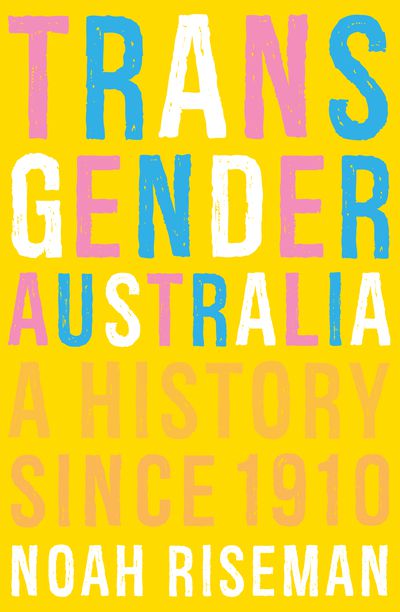







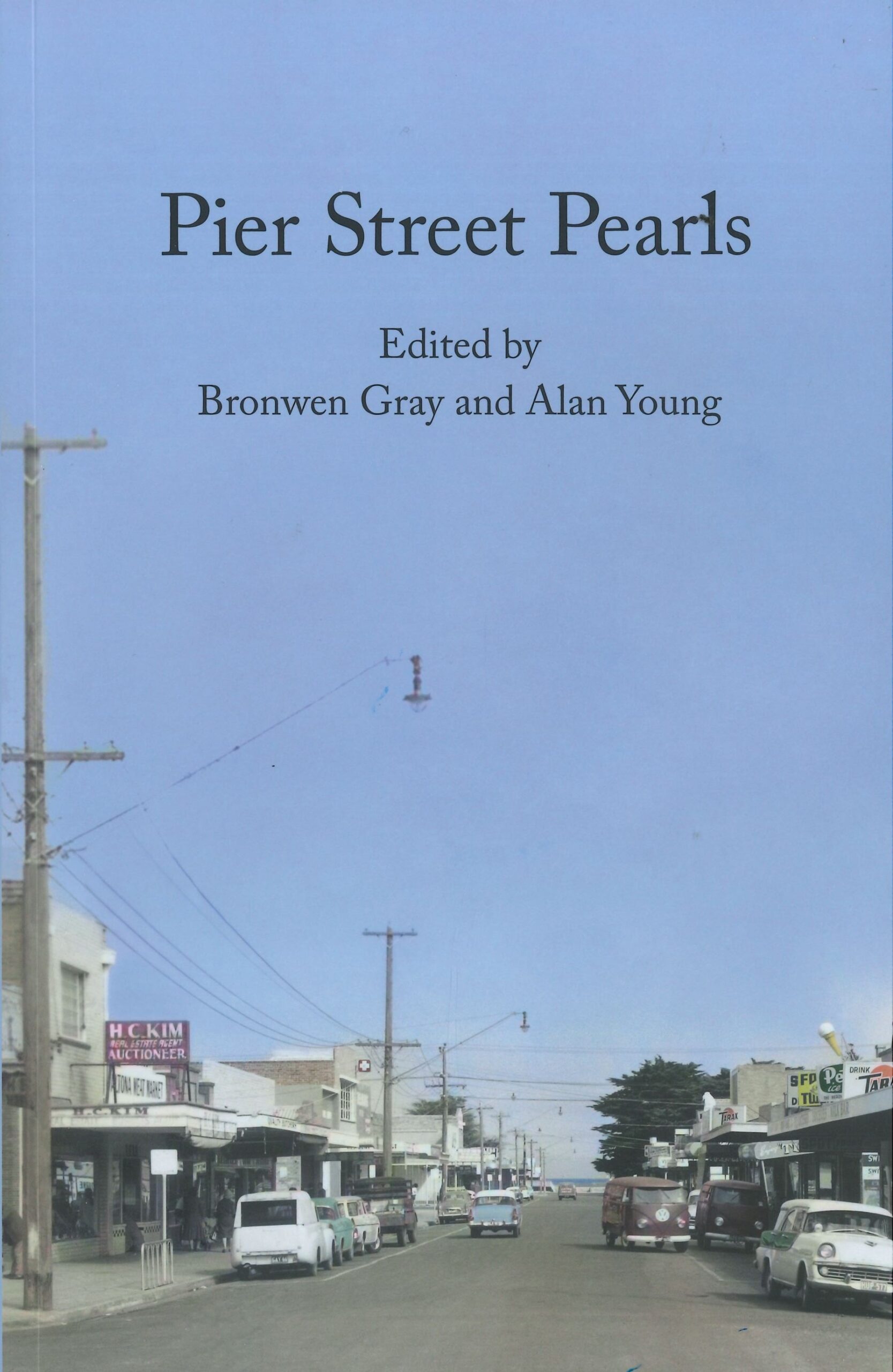
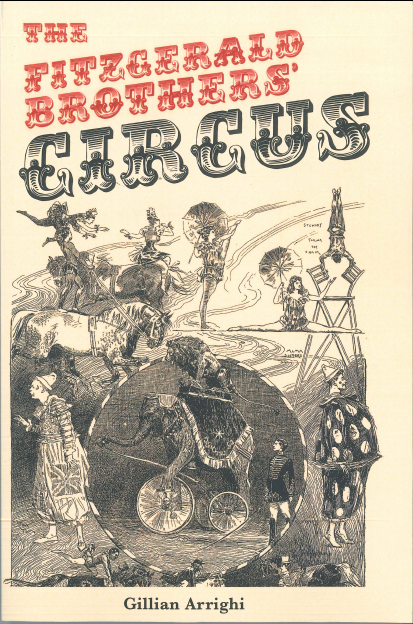


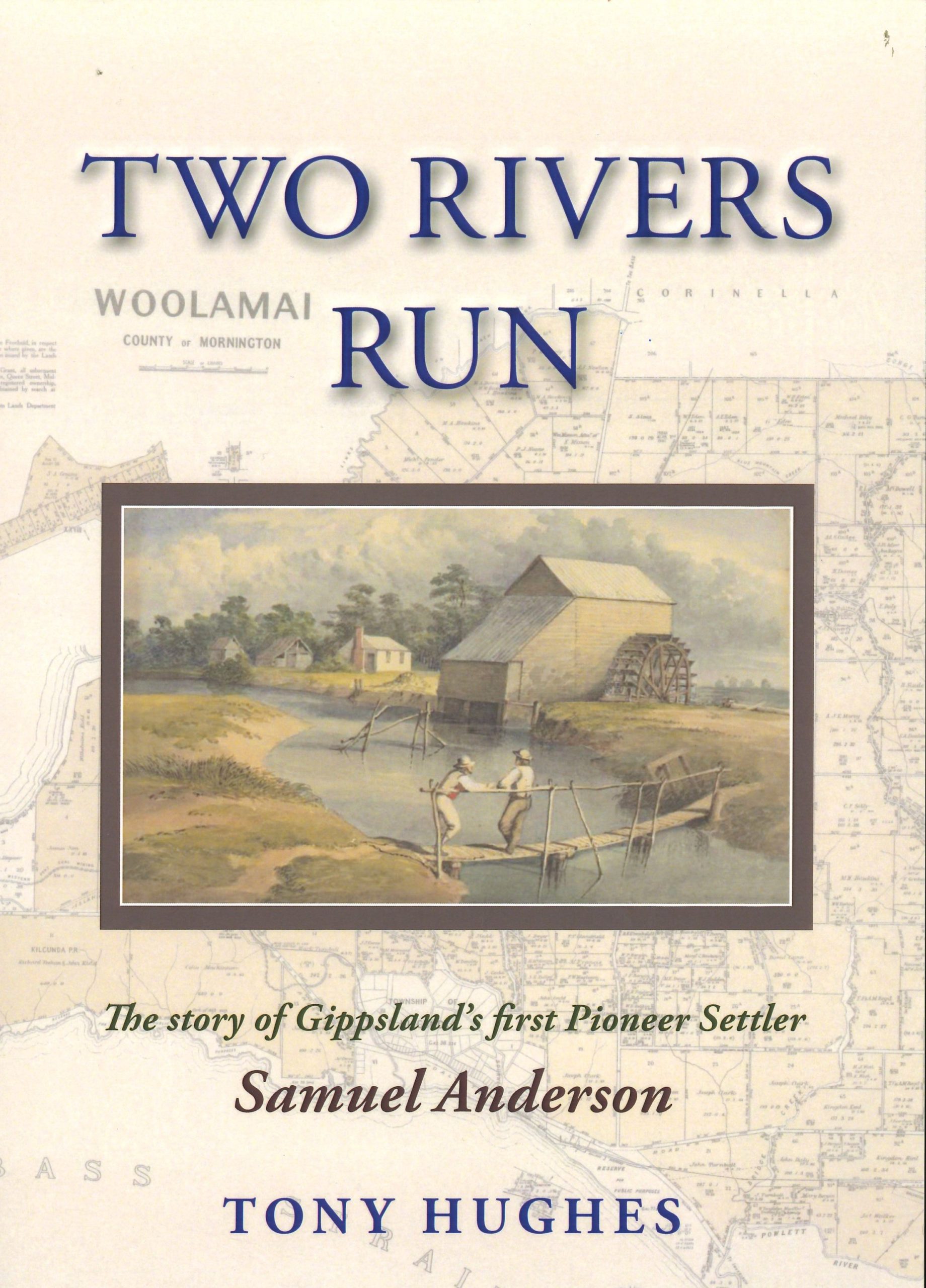
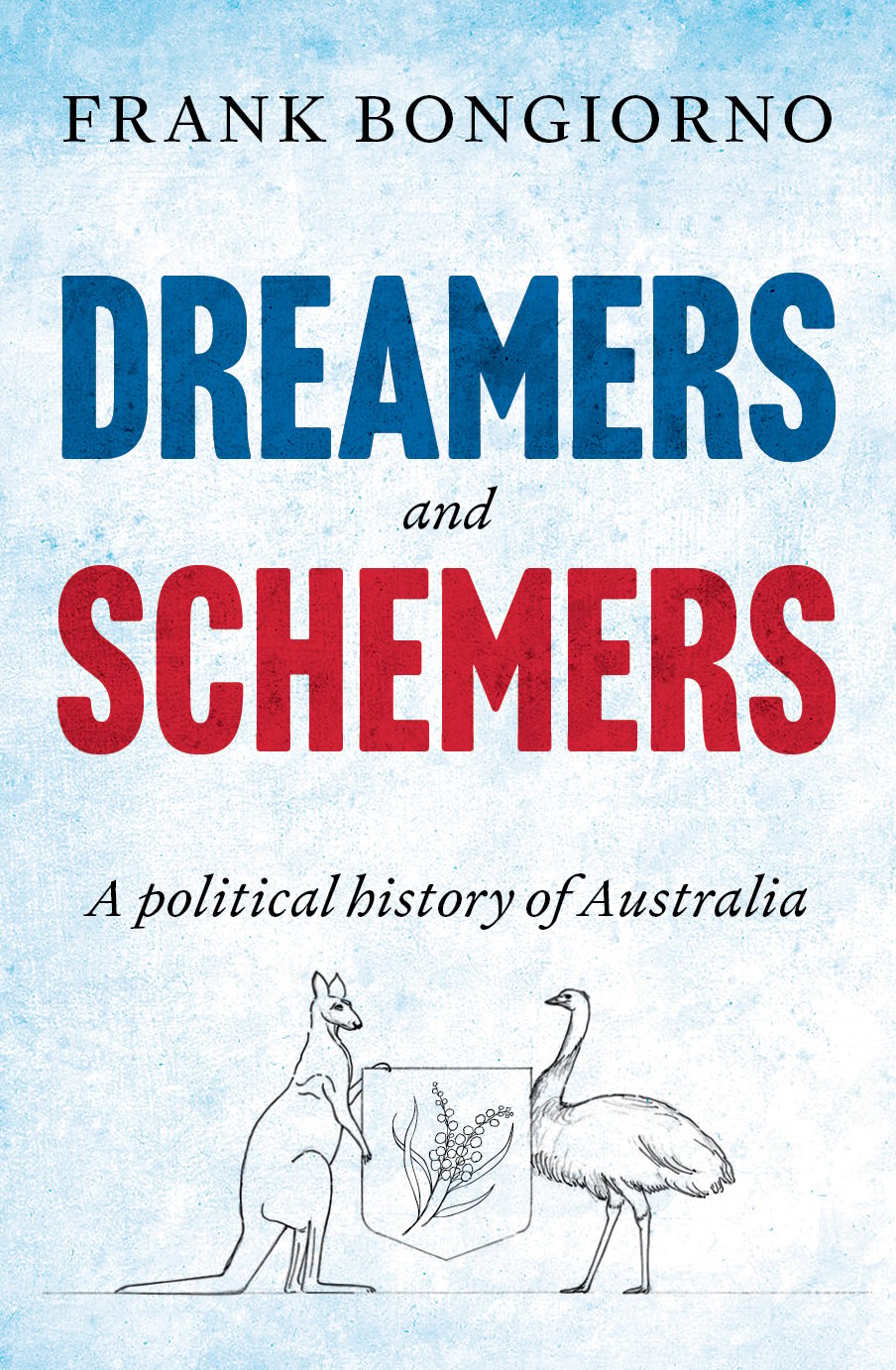

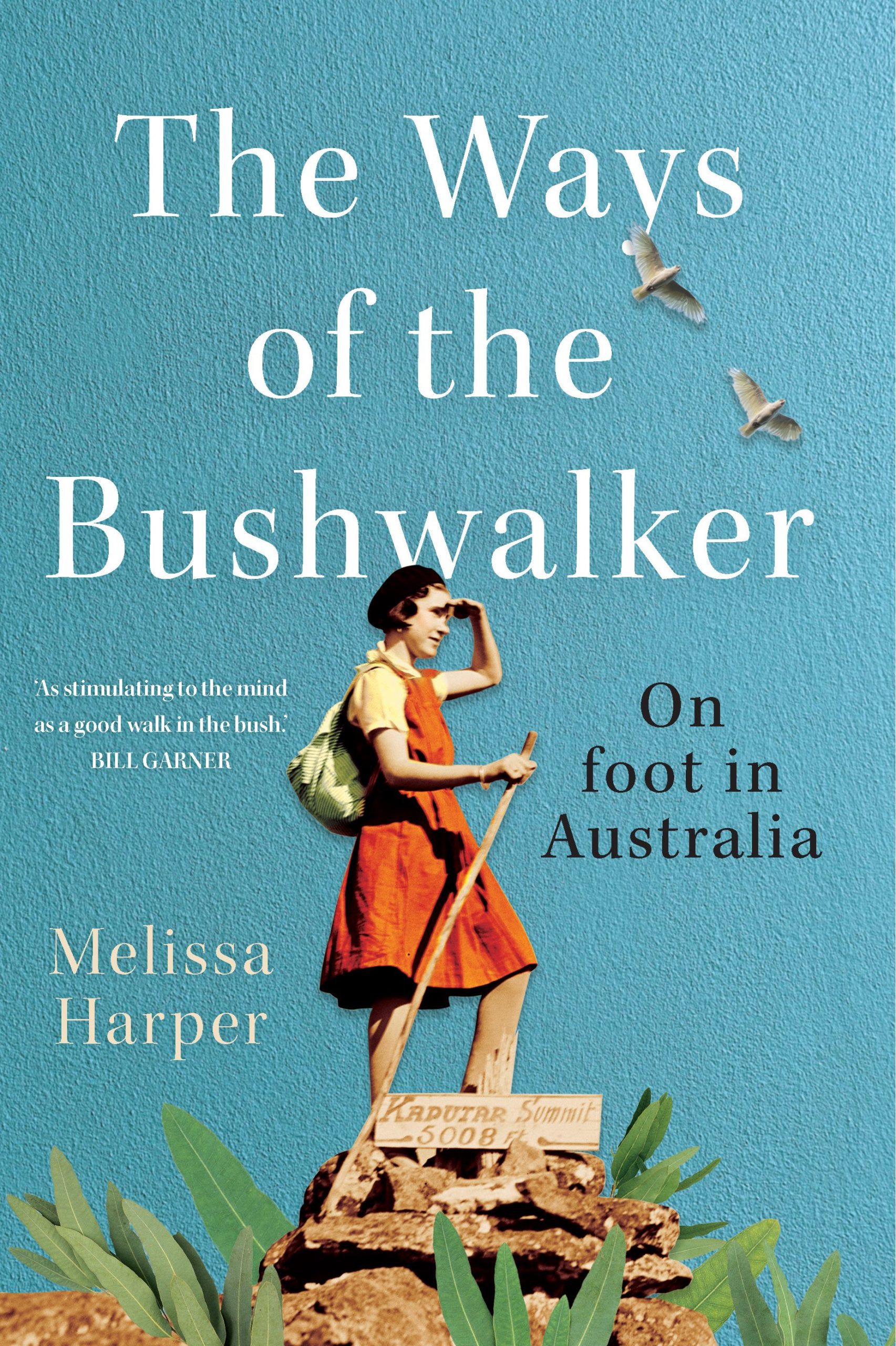
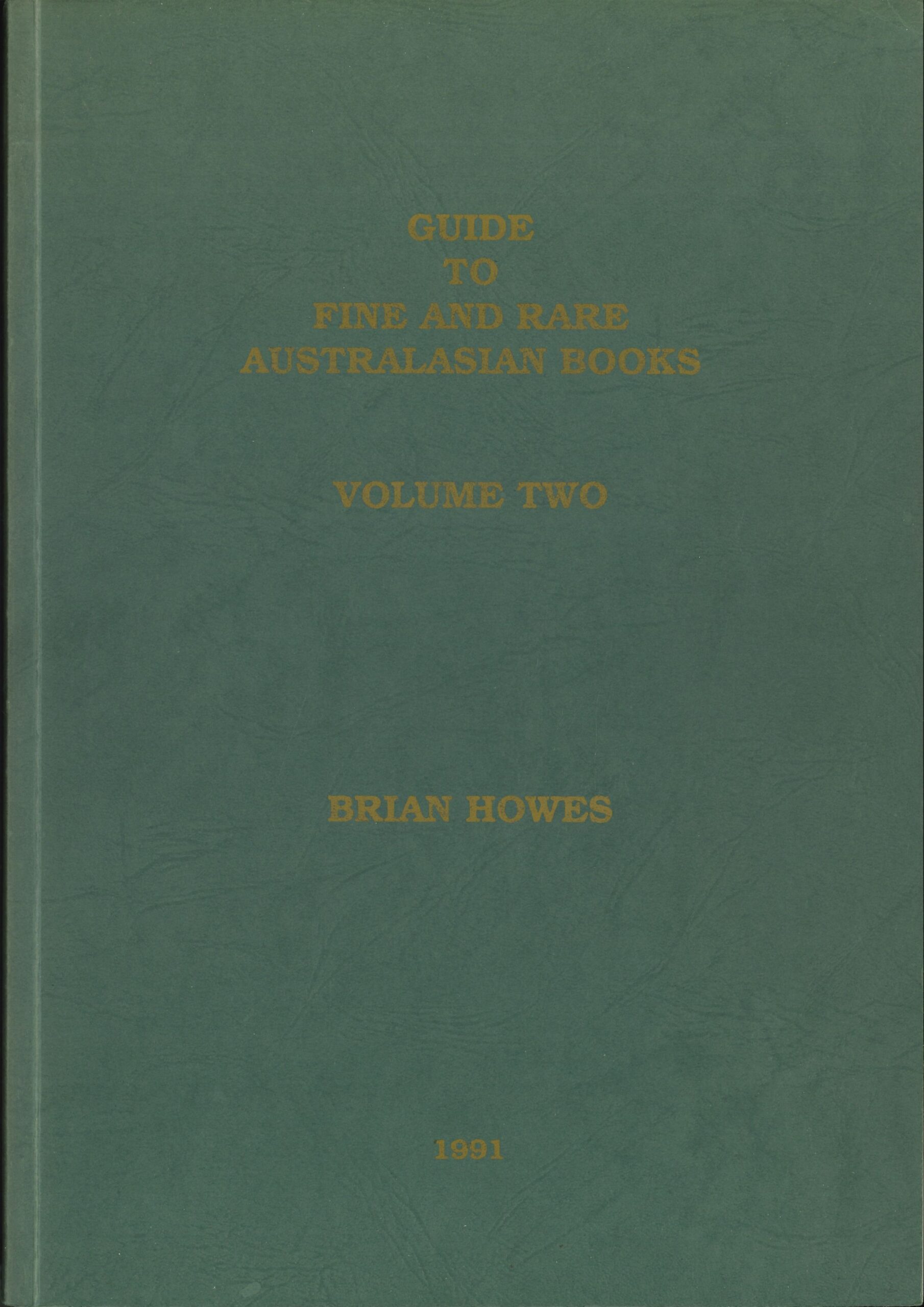

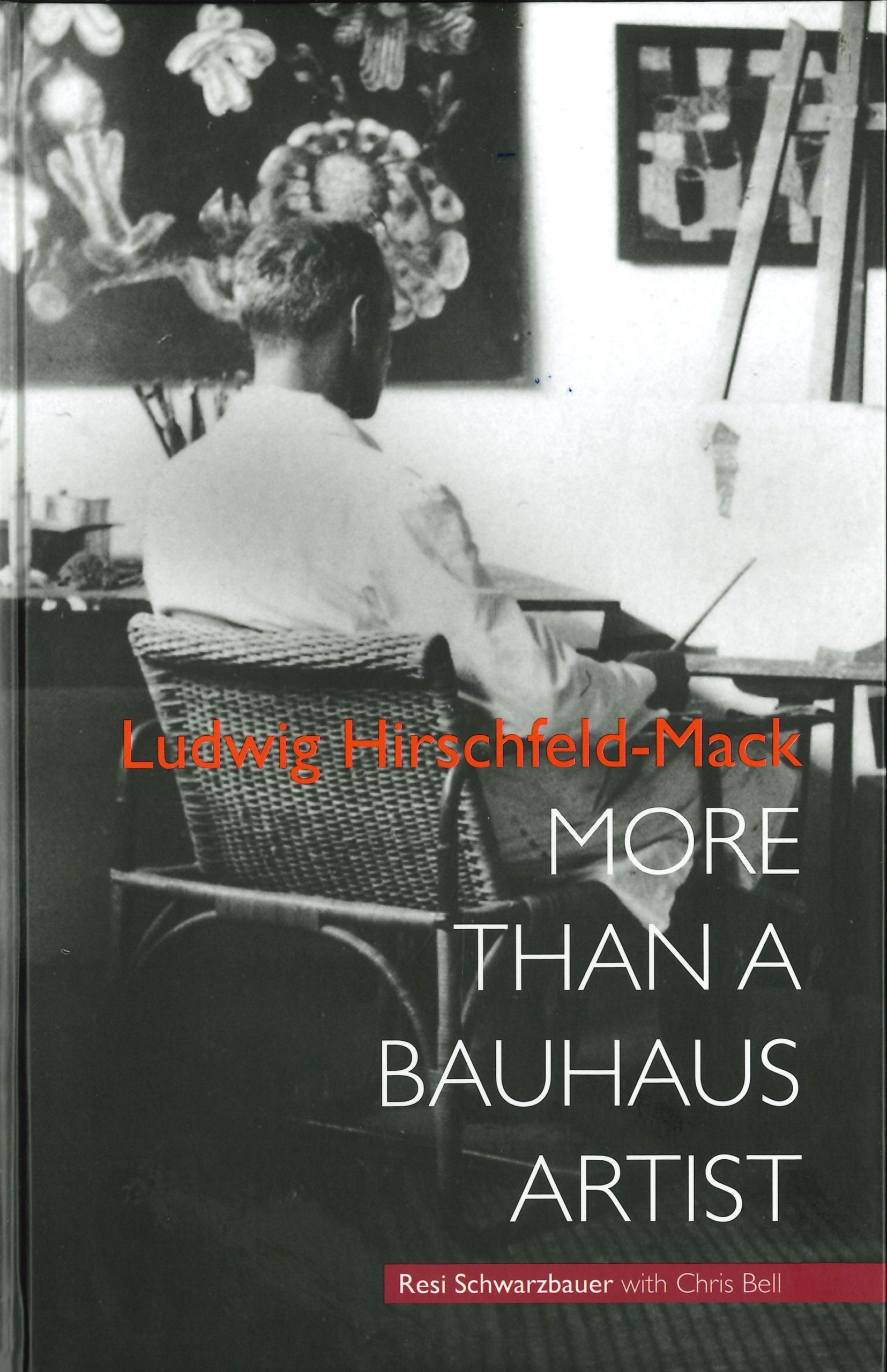
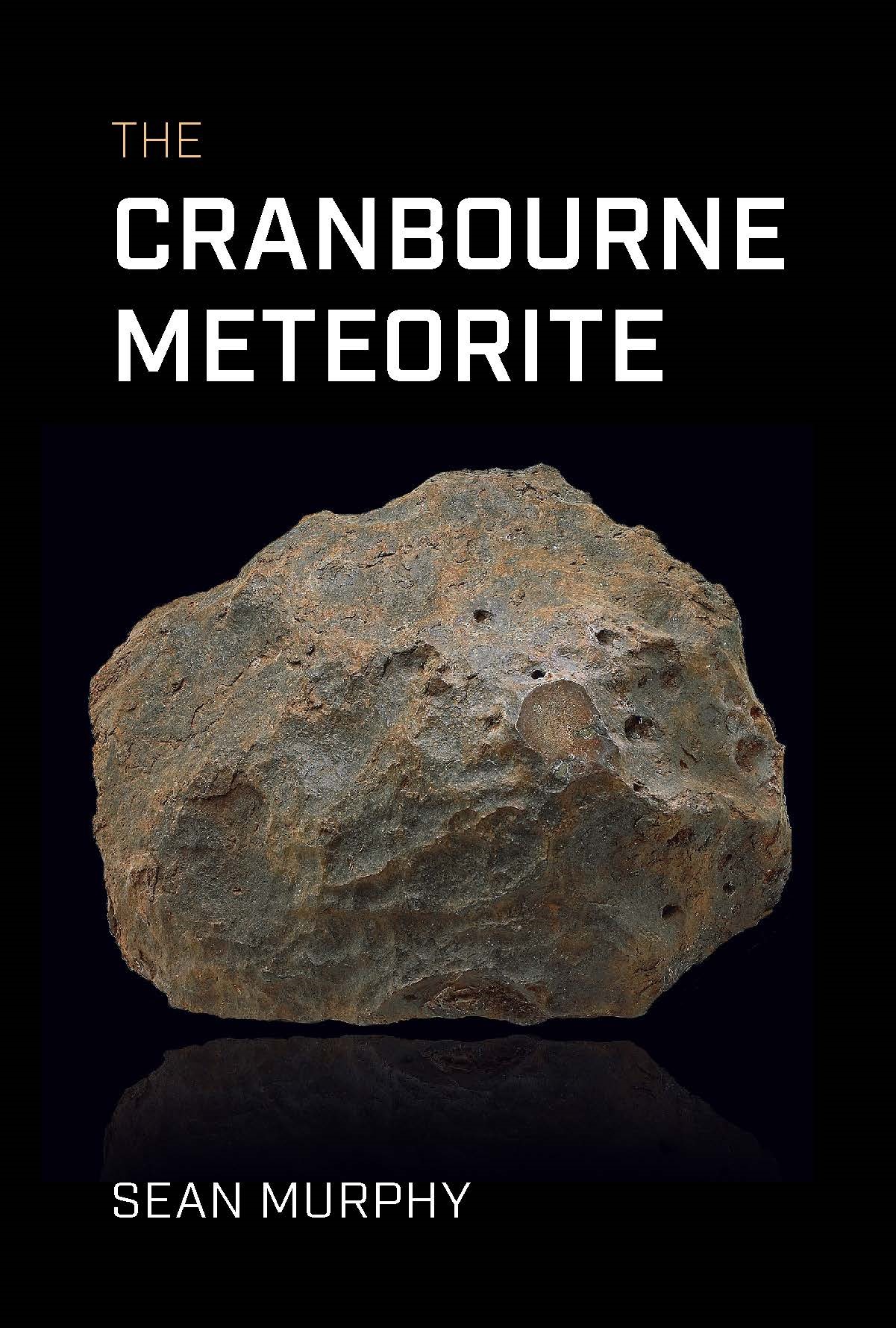




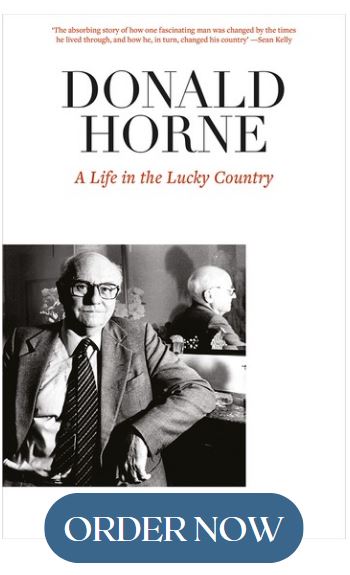



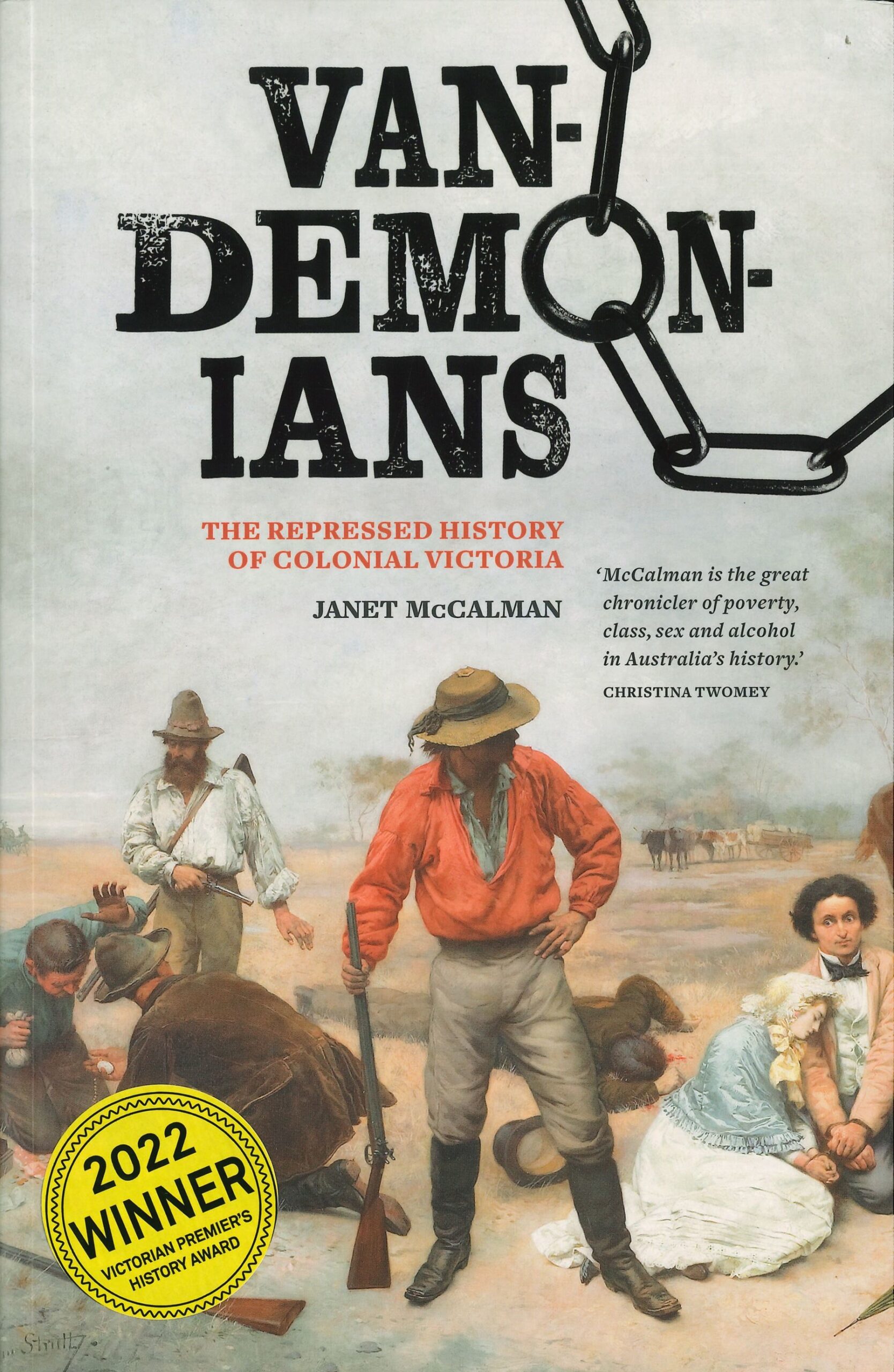
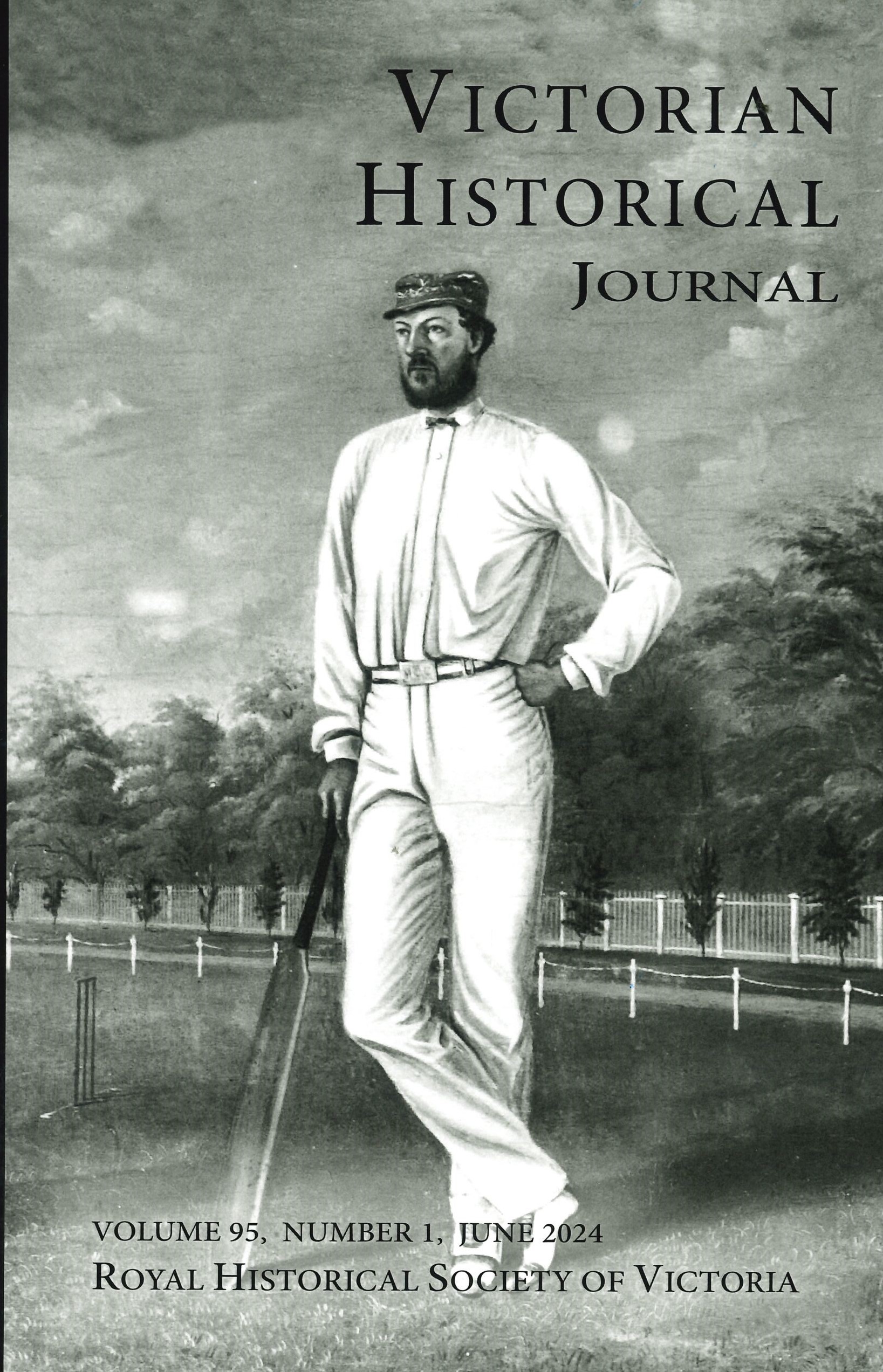


 239 A'Beckett Street Melbourne, Victoria, 3000
239 A'Beckett Street Melbourne, Victoria, 3000  03 9326 9288
03 9326 9288  office@historyvictoria.org.au
office@historyvictoria.org.au  Office & Library: Weekdays 9am-5pm
Office & Library: Weekdays 9am-5pm


Book Reviews Reviews
There are no reviews yet.